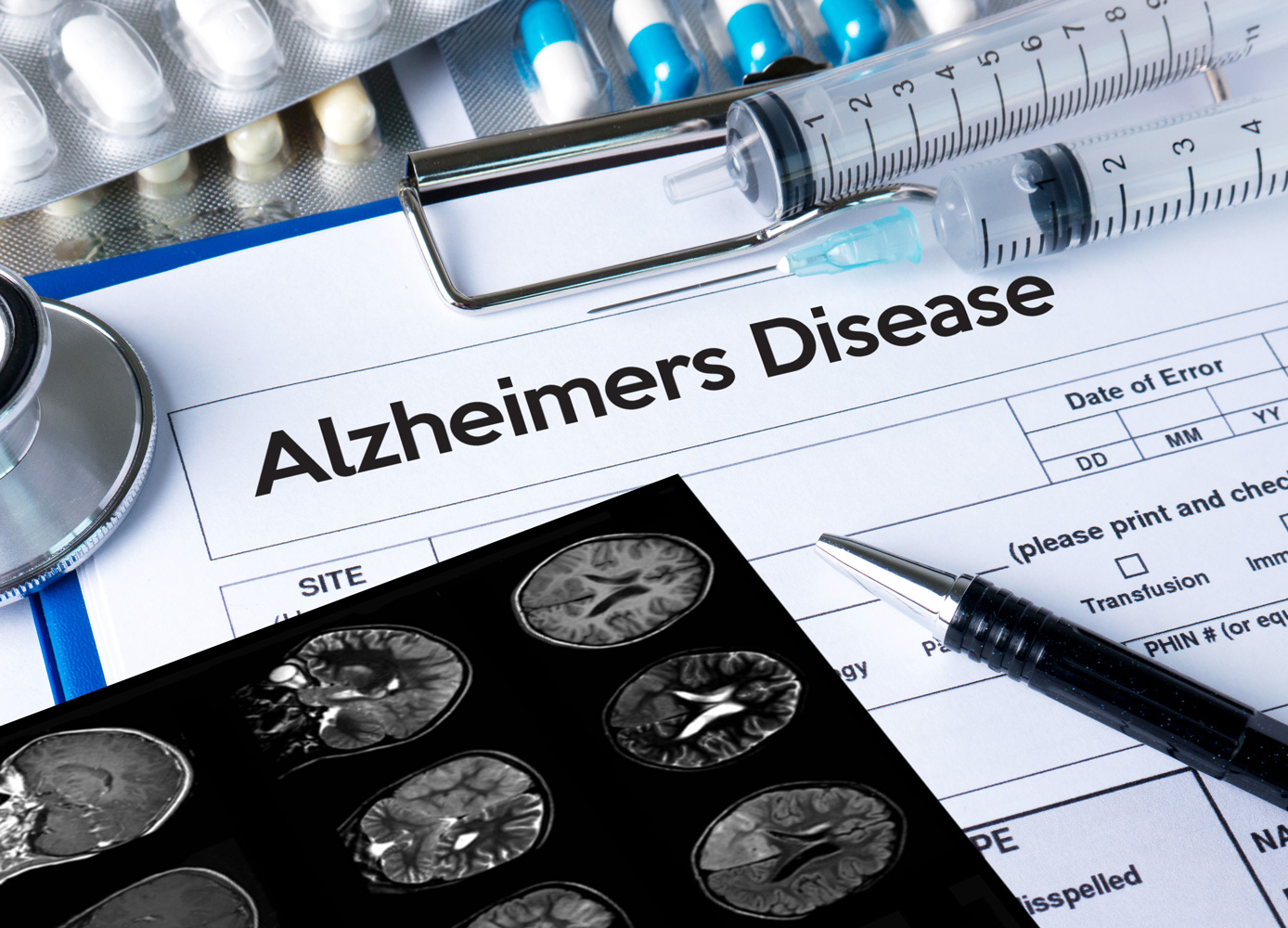The news is disappointing, but establishing what doesn’t work lets researchers focus their attention elsewhere
Photo: iStock/moussa81.
Given the established link between inflammation in the brain and Alzheimer’s disease, many have hoped that anti-inflammatories such as naproxen might be used to prevent the disease.
In the 1990s, researchers noticed that people with arthritis, which is treated with anti-inflammatories, appeared less likely to develop Azheimer’s disease. The results of a 2007 survey of studies of the effect of non-steroidal anti-inflammatory drugs (NSAIDs) on the brain seemed to support the idea, but no studies had been conducted to look into whether NSAIDs could prevent the disease.
Now study results published in April in the journal Neurology seem to have effectively ended the discussion.
In a trial known as INTREPAD, researchers at McGill University’s Faculty of Medicine rounded up 200 healthy people whose families had a history of the disease and gave half naproxen while the other half received a placebo. Using an updated version of the Alzheimer Progression Score, which analyzes early symptoms of the disease, the study found that use of the drug failed to prevent early symptoms of the disease.
“We think this is the end of the road for the use of NSAIDs for treatment or prevention of Alzheimer’s disease, and it suggests a need for caution about using other anti-inflammatory drugs for this purpose,” said Dr. John Breitner, the study’s senior author and the founding director of the Centre for Studies on Prevention of Alzheimer’s Disease at the Douglas Mental Health University Institute.
“The world desperately needs a way to prevent this horrible disease,” Breitner said, “and many other avenues are being investigated.”
The possibility of using hormone replacement therapy to prevent the disease in women was ruled out in 2003, after a four-year study found that estrogen and progesterone were ineffective in preventing the disease and in fact increased the risk for dementia in postmenopausal women aged 65 or older.
Poor diet, lack of exercise, smoking, and having hypertension or diabetes may increase your chances of developing Azheimer’s disease. However, studies analyzing these risk factors have yet to show conclusively that any one measure can be used to prevent the disease.






